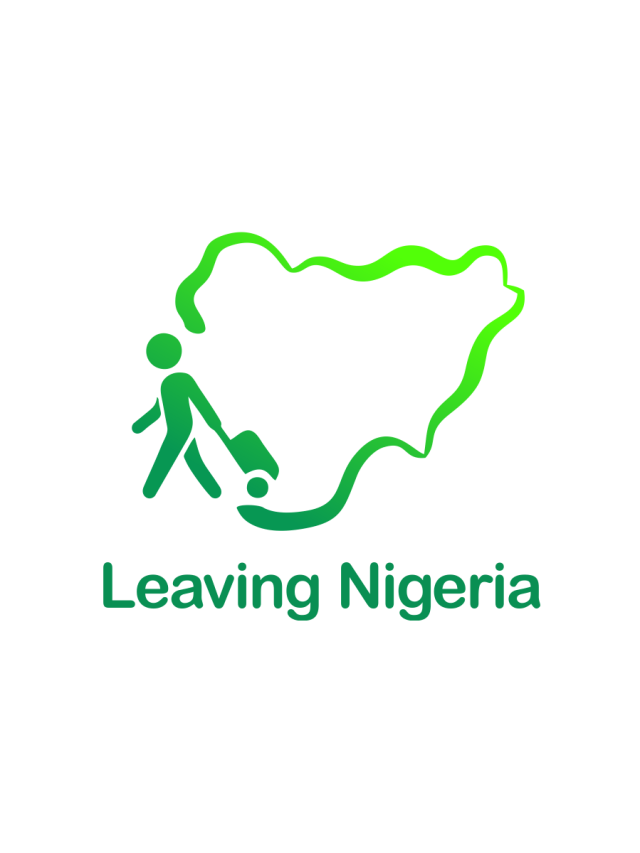
U.S. resumes Student Visa Interviews with stricter Social Media checks
On June 18, the U.S. State Department issued a cable directing all embassies and consulates to resume student visa interviews for F‑, M‑, and J‑visa applicants—the categories covering undergraduate, graduate, vocational, and exchange students. This lifts the nearly three-week suspension that began on May 27.
The pause came amid a review of national security procedures, just as demand spikes for U.S. student visas, especially between May and August, historically the busiest months. In 2024, 70% of student visas were issued during that period.
ALSO READ: President Trump Announces Full and Partial Travel Bans For 19 Countries
New Rules for Student Visas
All applicants must now:
- Make social media profiles public to allow vetting teams to examine for any signs of:
– Hostility to U.S. citizens, culture, government, or its founding principles
– Support for terrorism, extremist ideologies, antisemitism, or unlawful violence
– A history of political activism with potential to continue post-arrival
- Understand that officials will also review all online traces, including academic publications or mentions in databases, not just social media. Officers are even required to retain screenshots of any concerning content.
- Be aware that returning visa applicants are also subject to these new rules.
What It Means for Applicants
- Non-compliance (e.g., keeping accounts private or refusing access) could be interpreted as evading or hiding activity and may result in visa denial.
- However, displaying concerning activity doesn’t automatically disqualify applicants. Officers will evaluate whether the applicant is likely to adhere to U.S. visa rules and not engage in unauthorised political behaviour.
- Interview backlogs are expected. Consulates have been told to resume scheduling only after implementing the new vetting and to consider reducing appointment volumes to accommodate the heavier screening workload.
Justifications & Concerns
The US State Department said the enhanced social media vetting will ensure we are properly screening every single person attempting to visit our country.” Though critics worry that the policy risks chilling free speech, especially on political topics, as applicants may self-censor.
There are also concerns that it may deter international students, harm U.S. universities’ diversity, and disproportionately affect applicants from high‑profile institutions.
Trump’s proposed Travel Ban may affect 36 Countries across Africa, Asia, and the Caribbean
What’s Next?
Students waiting for U.S. visa interviews—especially those starting studies soon—must prepare to make their online presence fully transparent.
Expect longer waiting times due to more intensive vetting and potential prioritisation of specific visa categories.
Look out for updates on how to navigate the enhanced screening process.
Discover more from Leaving Nigeria
Subscribe to get the latest posts sent to your email.



